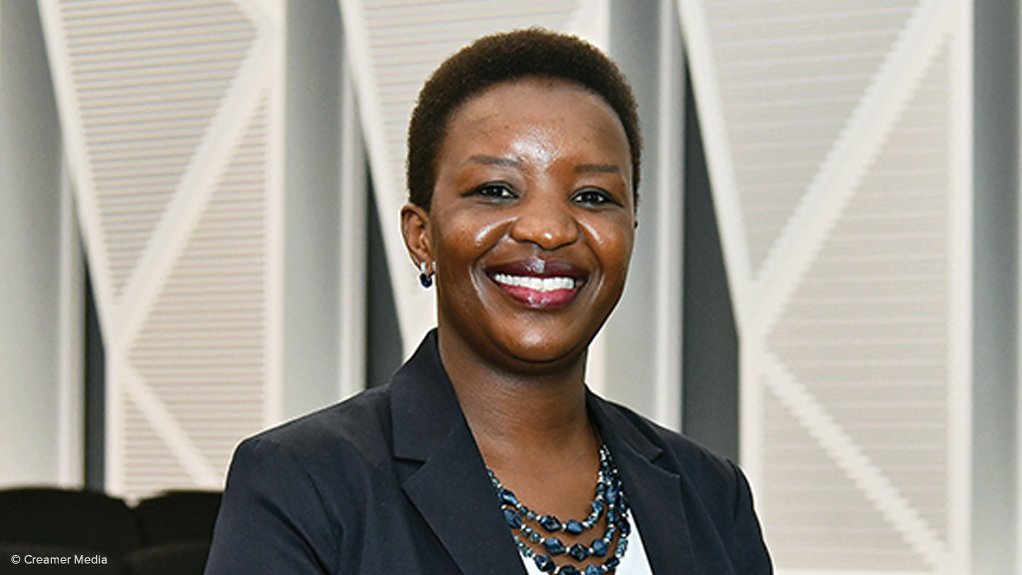Business Leadership South Africa (BLSA) CEO Busi Mavuso says this year’s South Africa Investment Conference must be turned on its head and instead of the private sector announcing big projects, the organisation hopes government will announce regulatory changes that advance the case for investment.
Investment conferences have historically seen private sector companies cajoled into announcing multibillion-rand projects, which are good and well, but these are not necessarily additive, since many of them would have happened anyway, she notes in her weekly newsletter.
Mavuso believes more regulatory changes on government’s part are what will drive additionality in terms of investment flows.
This year’s investment conference, taking place in Johannesburg on March 24, is being held against the backdrop of a continuing decline in investment in the economy.
South African Reserve Bank figures for gross fixed capital formation (GFCF) in the third quarter of 2021 were dismal at 14.3% of gross domestic product, Mavuso points out, adding that the country is far from the targeted GFCF of 30% envisioned in the National Development Plan.
Mavuso says declines in investment are broad-based, in that the public sector has steadily shrunk its investment in the economy in the last five years, while the private sector suffered a major decline during the pandemic and has not fully recovered.
She mentions that finalisation of the auction of additional spectrum to mobile operators bodes well on the structural reform front that BLSA has long called for. Broadband cost and availability had been a big constraint on growing economic activity.
The auction raised R14-billion worth of revenue for the State and it will unleash investment as operators can now build fifth-generation and other cellular networks.
It would help, however, if some legal challenges to the process can be resolved appropriately, for which end political support at a high level is necessary, Mavuso states.
Other dials government can shift to improve investment include removing red tape to get projects under 100 MW registered with the electricity regulator – which is proving challenging for them despite not having to apply for a licence.
Mavuso says 3 900 MW of developments, totalling around R27-billion, have been lined up owing to this amendment to the Electricity Regulation Act.
She believes government should focus on resolving obstacles to economic reforms as soon as possible, including expediting the modernisation of the Durban port by drawing in private sector operators.
Mavuso says the cost of moving goods through the country’s ports, as well as transporting those goods by rail or road, is becoming prohibitively expensive in South Africa and the right investment can lower the cost of doing business across the country.
“I hope that the government uses the investment conference to demonstrate that it is taking these opportunities seriously. Many of us in the private sector are ready to invest as soon as government makes it feasible.”
EMAIL THIS ARTICLE SAVE THIS ARTICLE ARTICLE ENQUIRY
To subscribe email subscriptions@creamermedia.co.za or click here
To advertise email advertising@creamermedia.co.za or click here











